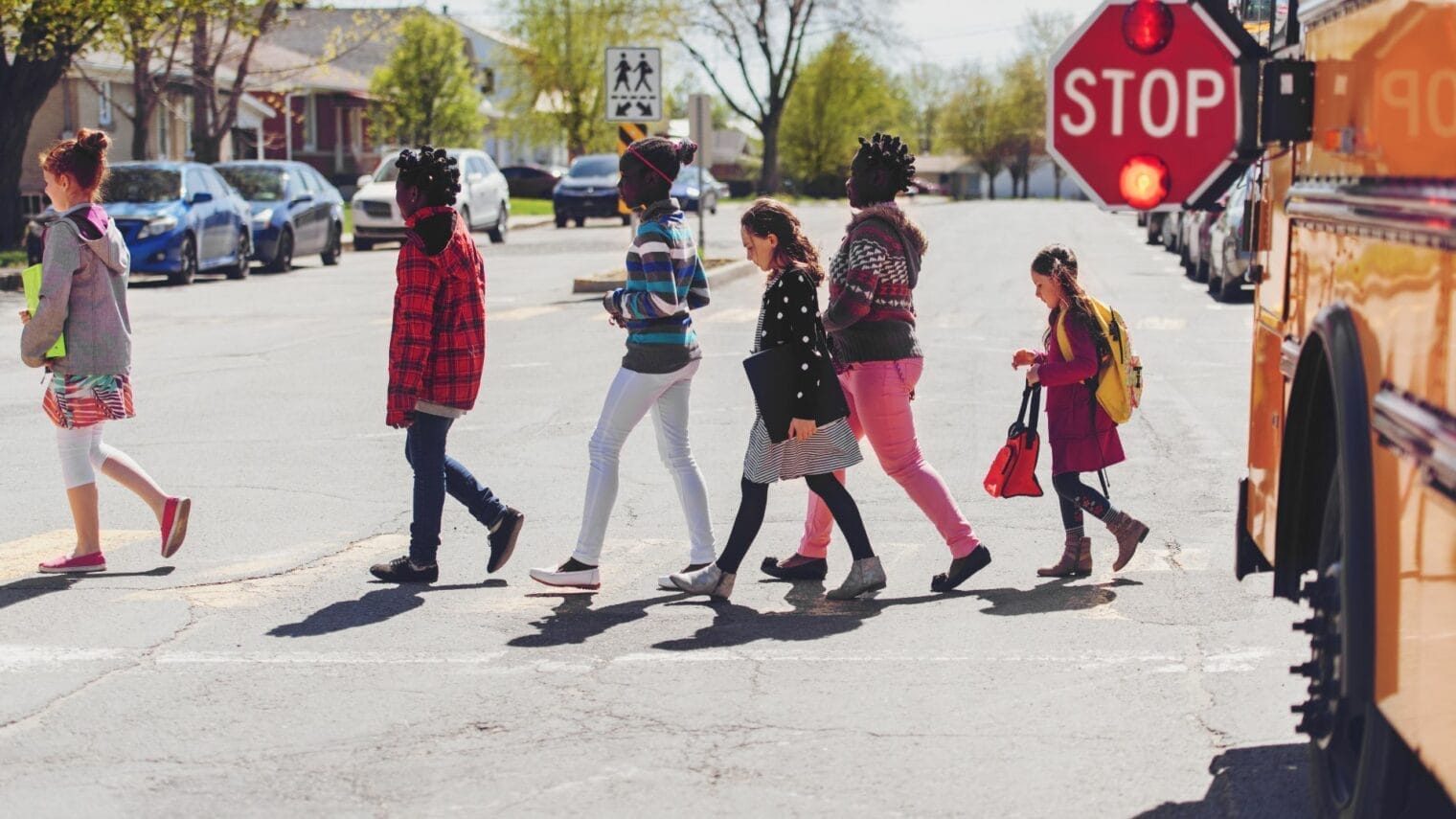Youth mental health has been steadily declining for the past ten years. With social isolation and 55% of kids suffering emotional abuse at home, the pandemic exacerbated the crisis. A recent study conducted by nonprofit curaJOY, surveying over 1700 families, shed light on the importance of parent training and education in any solution for youth wellness.
If a child is depressed, can he obtain care by himself? No, youth lack agency over their own healthcare. Over 90% of youth surveyed wish their parents cared more about their emotional wellbeing, highlighting an under-utilized resource in the mental health crisis-–parents.
Let’s step back and investigate how kids get behavioral healthcare.
1.They need to recognize that there is a problem.
Sounds simple, but would a kid with a drinking or substance problem recognize it as a problem if he grows up and still lives in an alcoholic family? It’s equally unlikely that someone surrounded by others with eating disorders will recognize their bulimia as a cause for concern. When we ask kids from curaJOY’s youth advisory group why more kids are not seeking or getting mental health help, again and again, kids share this sentiment, “Everyone is depressed, and they don’t seem to be getting help. How do I know my panic attacks are bad enough for help?”
Awareness campaigns that stay on the vague surface can go further by clarifying signs when help is warranted. Mental health issues must be emphasized explicitly because of how easily they can remain hidden until people are seriously hurt, AND treatment becomes more costly and less successful. Unfortunately, longitudinal studies show that the medium number of years between the first onset of mental health disorder and the first treatment is 11 years! [1] Overcrowded schools with ever-growing class sizes cannot multi-task as core curriculum educators, mental health screeners, family counselors, and early interventionists.
2. They need parents who also recognize the problem and accept the need for professional help and take action.
Parents’ cultural background, language, educational level, and socioeconomic background all influence whether children in need will get help. For example, many cultures rely on family elders for advice and “counseling” and place shame on “airing dirty laundry” with outsiders.
Children need their parents’ consent and resources to get behavioral healthcare, except in rare circumstances. Most parents are not trained to recognize the signs of learning differences like dyslexia, autism, ADHD, or mood disorders. Given the genetic component of many conditions, it is also likely that the parents experience the same difficulties as their kids—thus, perceive complaints from their children to be assumed difficulties of life that don’t require external interventions.
However, just having supportive parents don’t guarantee children in need will receive professional help. To get help, parents must
- Spend time calling or searching online to find out ways to get a diagnosis or methods to get help, assuming there is health insurance coverage.
- Spend time and money to get an appointment with the child’s primary care provider and hope the doctor will make a referral.
- Wait for approval from the health insurance company, which may involve more time on the phone.
- Spend time calling all referred and approved specialists for behavioral health services to obtain an appointment and evaluate the affordability of each option.
- In the past few years, all specialists would have placed the parent and child on waiting lists. Waiting time of three to six months is the norm, and parents must persistently follow up with each specialist.
- After the three months to a year spent on waiting lists, the parent must shuffle the family schedule to accommodate the provider’s availability. This is often a significant barrier for dual-income or single-parent families.
- Trial and error to assess the fit with their selected provider. The therapeutic relationship and treatment outcome are influenced by a provider’s demeanor, demographics, and specialties (type of therapy: somatic psychology, applied behavior analysis, etc.)
- If the chosen specialist’s availability changes or is incompatible with the child or parent, this family returns to step 3 or 4 and repeats the cycle.
Getting mental health help for kids is a resource-intensive pursuit with many hurdles that require patience, sacrifice and persistence for parents. Maybe you got tired just reading the steps outlined above, but it’s what millions of parents with kids in emotional distress or with learning differences go through. Every step of the process is a hazardous chance for a child in distress to get left behind, with their condition worsening, affecting the whole family’s mental health.
3. They need to feel that getting help is safe.
Research shows high school to be the most challenging life stage for people’s mental health. Teenagers are forming their identities and looking to belong. Students frequently avoid seeking help because they don’t want to be seen going to the school psychologist’s office or the special ed classroom and be labeled. The inability to receive behavioral health support discretely and privately affects youth’s educational outcome, relationships, and physical health.
Aside from peer pressure, children experience prolonged emotional distress, often due to circumstances in their environment—abuse, divorce, bullying, trauma, violence, etc. Many kids suffer abuse in silence because speaking up and seeking help come with the risk of vengeful punishment from the abusers or being taken away from the only home they’ve ever known. Even in a school setting, when bullying comes from the “popular” kids or star athletes, most would choose to endure and sometimes resort to harmful coping strategies when they believe help is not guaranteed. If seeking help comes with the chance of even more suffering, can you blame them for not speaking up?
These are just some of our children’s barriers to getting mental and behavioral health support. Many other complex industry and system-level problems complicate people’s behavioral healthcare access.
The price of poor mental health includes substance use, violence, crime, unemployment, and lower life expectancy and it is not something we can afford to pay. The global mental health crisis wasn’t created overnight, and the solution won’t be quick and easy. Cross-sector collaboration and diversified solutions that bring parents, healthcare professionals, and educators together are the first steps towards providing youth the good foundations they’ll need to thrive.
References
Delays in Initial Treatment Contact after First Onset of a Mental Disorder. (n.d.). NCBI. Retrieved April 24, 2023, from https://www.ncbi.nlm.nih.gov/pmc/articles/PMC1361014/




Leave a Reply